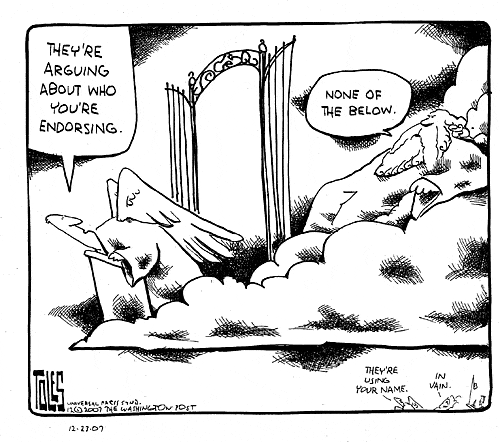 I have no legal knowledge to explore this topic, but let me offer a couple of points worth pondering.
I have no legal knowledge to explore this topic, but let me offer a couple of points worth pondering.
1. A movie is vastly different from an advertisement
A film is an obvious make-believe. People realize and understand that films are merely stories. Brand advertisements and celebrity endorsement of such brands, on the other hand, involves moving the needle within the minds of consumers and involves a financial transaction at the end, when the convinced prospect shells out money to buy the product. I completely understand that the transaction is between the brand and the customer, but consider the role of a salesman in a retail outlet. If he told you that that the TV you’re eye’ing is the best and you can buy it with your eyes closed (!), you may trust him, given your levels of trust. But, if that TV conks off on Day 2, it may well be a manufacturing defect, but won’t you at least feel the urge to raise that issue with that smooth talking salesman – forget suing? How different is a celebrity brand ambassador who eulogises a product on a TVC or on a stage? If not legal, what recourse do you have for trusting that celebrity and plonking your money – caveat emptor, notwithstanding?
2. Why no disclaimer?
If brands do not want us to take a celebrity brand ambassador’s words seriously on a TVC, why isn’t there a disclaimer (although I have a long standing gripe about all disclaimers looking so tiny that they merely look like baby ants crawling on my TV screen)? This could be better in a print ad. where the brand absolves the celebrity endorser of all responsibilities and states in a clear manner that his utterances about their product and his opinion have been ‘scripted’ and ‘purchased’ for a price.
3. The price of familiarity and adulation
Personal endorsements amidst peers/ friends/ colleagues is different. We recommend and endorse products to those close to us and the relationship there is one of familiarity. Similarly, I cannot be cross or sue a person on an online review forum who said a restaurant was very good and I found it to be terrible. These are, at best, opinions and the trouble with opinions is that everybody has them. But in case of a celebrity brand ambassador, doesn’t he/she endorse a product or a service on the basis of the familiarity gained by his/her film/other appearances? I agree that such a familiarity is entirely in our minds and each person connects differently with the celebrity, but isn’t that familiarity, collectively, the very foundation of why someone becomes a celebrity? If yes, why is there no value to it if it is used by that person to sway opinions of masses?
The point is this: the law suit against Aamir is different from the other lawsuits mentioned in this Hindustan Times piece. The obscenity case against Aishwarya Rai and Hrithik Roshan is based on a personal sense of outrage, while the ‘air-guitaring’ charge by the teenager is merely a personal opinion. Aren’t these different from a case where a customer loses material investment, as in the case of the Samsung phone?
Even if you assume the phone to be a relatively low value product (that really doesn’t matter, but for argument’s sake), how would the court view it if a builder like Amrapali delays or fails to deliver what was promised? After all, Dhoni does endorse Amrapali in TVCs and print ads and there is no disclaimer that Dhoni will not be responsible for any fault from the builder’s side. In this case, a customer may lose lakhs, if not crores. Does that matter?
And no, I’m not blaming any brand ambassador in this post – I’m merely thinking aloud and I do understand that these arguments may not hold in any court of law. But, in the interest of brands who have celebrity ambassadors, is there a way to make the arrangement more transparent and explicit, and hence, foolproof?
Let me leave you with three pieces of relevant information.
- New FTC guidelines for celebrities and bloggers, on endorsements, on the back of FTC losing a lawsuit against baseball player Steve Garvey for an allegedly deceptive weight-loss product endorsement, via BNet
- FTC’s updated guide governing endorsements and testimonials
- Excerpt from Sport Marketing Quarterly titled, ‘False advertising and celebrity endorsements: Where’s my script?‘
Cartoon from The Washington Post, via BartBlog and a Google Image search!
